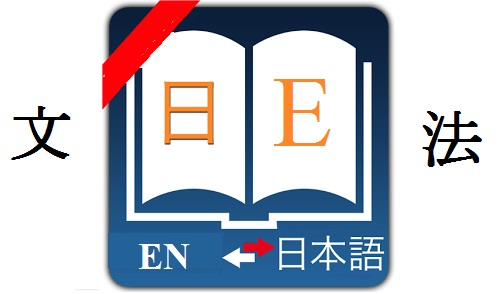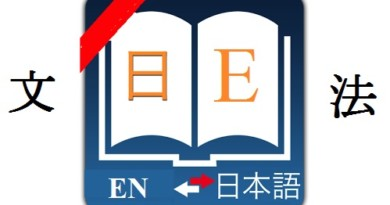Japanese それゆえ grammar soreyue
Let’s learn Japanese それゆえ grammar soreyue :
Formation :
Used to link two sentences.
Meaning and how to use :
Expressing the cause of the result.
Examples:
あの子はかってにやった。それゆえ、クラスの中で一人が間違った。
Ano ko wa katte ni yatta. Soreyue, kurasu no naka de hitori ga machigatta.
That kid did it on his own. That’s why he was only wrong person in class.
道を渡ると何も気をつけなかった。それゆえ事故に遭った。
Michi wo wataru to nani mo ki wo tsukenakatta. Soreyue jiko ni atta.
When I walked across the street, I didn’t notice anything. Therefore, I had an accident.
私が授業で無注意しました。それゆえクラスの中で私だけ試験を落ちました。
Watashi ga jugyou de mu chuui shimashita. Soreyue kurasu no naka de watashidake shiken wo ochimashita.
I did not pay attention during class. That ‘s why only I failed the exam in my class.
若いころ時間を無駄にしました。それゆえ、老人になって、後悔しても何も出来ない。
Wakai koro jikan wo muda ni shimashita. Soreyue, roujin ni natte, koukai shite mo nani mo dekinai.
When I was young, I wasted time. That’s why I regret it when I get old but I can’t do anything.
仕事を怠けました。それゆえ、やめさせました。
Shigoto wo namakemashita. Soreyue, yame sasemashita.
I’m lazy at work. That’s why I got fired.
Note: This is a style of formal, used in writing. Often used in articles about mathematics, philosophy … Also said「それゆえに」、「ゆえに」
Above is Japanese それゆえ grammar soreyue. If you don’t understand the signs we used in formation, you can find their meaning here : signs used in Japanese grammar structures.
You can search the structure you want by using the search tool on our website (using key : grammar + ‘structure name’ or you can find more Japanese grammar structures in the following category : Japanese grammar dictionary
